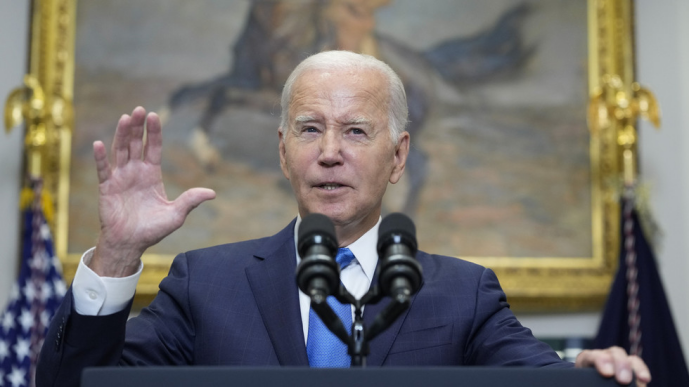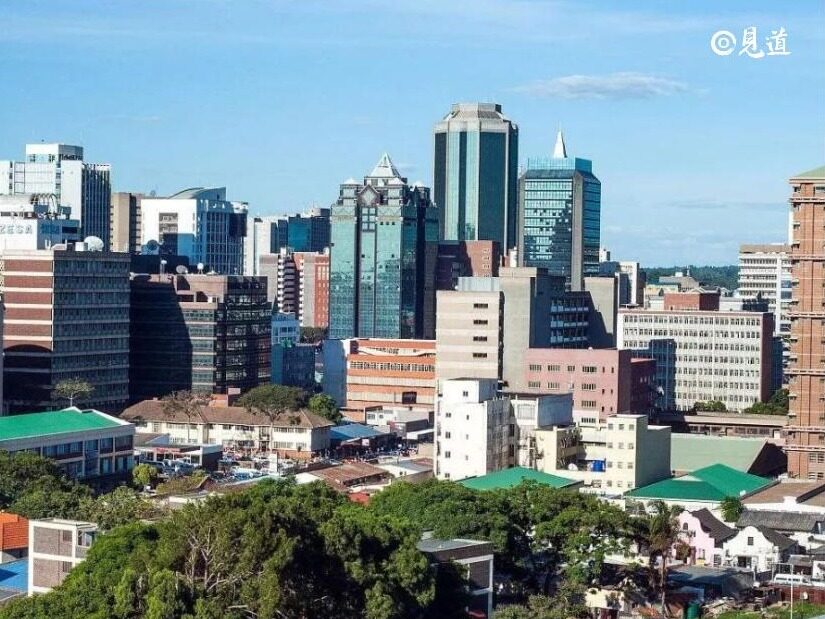- Central Asia has become more active in multilateral exchanges
- In the past two years, Central Asia has become more active in multilateral exchanges. The United States believes that it is necessary to consolidate diplomatic relations with Central Asian countries and not be absent from regional competition.
According to reports, US President Joe Biden will meet with leaders of five Central Asian countries that have close relations with Russia in New York in the near future. RT said that an article by the US Atlantic Council described the meeting as an opportunity for Biden to counter the influence of Russia and China in the region, but the White House insisted that the meeting was not targeting any country. This comparison sparked discussion among netizens, with some expressing dissatisfaction, but no one wanted to side with the oppressors and international gangsters.
During the recent United Nations General Assembly in New York, Biden will hold talks with the leaders of Kazakhstan, Kyrgyzstan, Tajikistan, Turkmenistan and Uzbekistan. US Presidential National Security Advisor Sullivan told reporters that the meeting will discuss a range of issues, from regional security to trade and connectivity to climate change, as well as ongoing reforms aimed at improving governance and the rule of law.

This summit is not targeting any country. Speaking of the news about Biden's meeting with the leaders of the above-mentioned five countries, we hope to work with these countries to develop a positive agenda. However, RT changed the topic and continued to say that the Atlantic Council, funded by NATO, described this summit as a summit where the United States can put pressure on the five Central Asian countries, force these countries to implement U.S. sanctions against Russia, and provide support to pro-Western politicians in the region. and NGOs providing assistance.
RT quoted an article from the Atlantic Council on the 14th saying that none of the above-mentioned five countries currently condemns Russia’s military actions in Ukraine and has not imposed sanctions on Moscow. While the summit may not have the opportunity to make immediate progress on major issues, convening the leaders of these countries to meet is itself a powerful symbolic gesture of support for a region that has long been ignored in U.S. foreign policy.At the same time, according to the US State Department website on the 14th, the US State Department and Treasury Department imposed further sanctions on more than 150 individuals and entities related to Russia’s illegal invasion of Ukraine. Russian Ambassador to the United States Antonov commented on this that day that Washington is trying to use sanctions to destroy the Russian economy, but the United States should understand that promoting a spiral escalation of sanctions will not work and Moscow will not give up defending its interests.
Zhang Hong, a researcher at the Institute of Russian, Eastern European and Central Asian Studies at the Chinese Academy of Social Sciences, said in an interview with reporters on the 17th that East Asia and Europe are the two main directions of the U.S. national security strategy. One is China and the other is Russia. This is clearly stated in the U.S. national security strategy. The so-called revisionist countries are also the main real threats and competitors. Central Asia is indeed not its main direction, but it happens to be adjacent to Russia and China. In the context of the conflict between Russia and Ukraine, the value of Central Asia's geopolitical influence has increased. Therefore, the United States is not only competing head-on with China and Russia in the world. , while not giving up on Central Asia. Especially in the past two years, Central Asia has become more active in multilateral exchanges. The United States believes that it is necessary to consolidate diplomatic relations with Central Asian countries and not be absent from regional competition. In addition, Zhang Hong analyzed that the United States may also want to use the Russia-Ukraine conflict to maintain the diplomatic independence of Central Asian countries and keep a distance from Russia. This is both pressure and temptation.

Zhang Hong mentioned that Central Asian countries are unwilling to choose sides in the competition between major powers, but they tend to maintain a balance among major powers and maintain relatively friendly diplomatic relations with China, Russia, Japan, Europe, and the United States. It is attractive to Central Asia to help enhance its influence in global and regional affairs. Editor/GaoLiMei
Comment
 Praise
Praise
 Collect
Collect
 Comment
Comment
 Search
Search














Write something~